Volume 3
THE SPECIALIZATION
FX Electronic
Trading
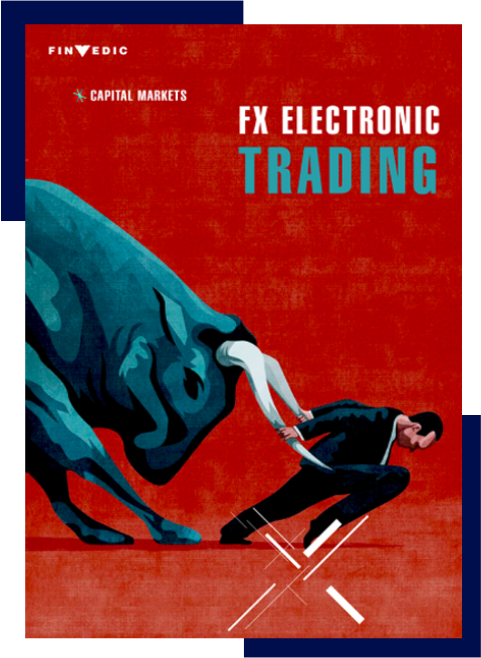
What is Foreign Exchange
(FX) Trading
Foreign Exchange, commonly known as Forex or FX, refers to the global
marketplace for buying and selling currencies. It involves the exchange
of one currency for another at an agreed-upon price, with the aim of
profiting from fluctuations in exchange rates.
This volume will
cover:
Electronically?

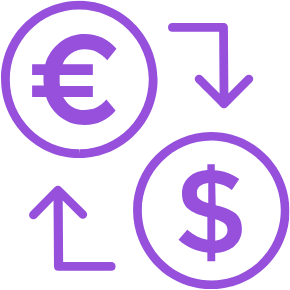


Here’s how it
typically works

Market Access:
Participants access the FX market through electronic platforms provided by financial institutions and trading venues. These platforms offer real-time access to currency.

Order Placement:
Traders place buy or sell orders for currency pairs through the platform, specifying the quantity and desired price.
Matching Orders:
Orders are matched electronically based on price and time priority, ensuring fair and efficient execution.

Execution:
Trades are executed electronically, with transactions settled promptly through clearing and settlement systems.
Market Monitoring:
Participants monitor market activity in real-time, analyzing currency prices, bid-ask spreads, and order book depth to inform their trading decisions.

Market Data:
Real-time market data, including currency prices, bid-ask spreads, and order book information, is available to participants for analysis and decision-making.

Regulation
FX Electronic Trading

Empowering Global
Currency Markets
Technological advancements reshape FX landscape, Enhancing
accessibility and efficiency, Disruptive platforms offer user-
friendly interfaces, competitive costs, Navigating regulatory
challenges through strategic alliances, Investments fuel
advancements in digital currencies, AI, and open banking for FX
markets.
The Rise of FX
Electronic Trading
FX Trading Evolution: Redefining Digital Currency Transactions
In today’s interconnected financial landscape, FX Electronic Trading plays a vital role in facilitating international trade, investment, and financial transactions. It provides liquidity to the FX market, allowing participants to exchange currencies seamlessly and efficiently.

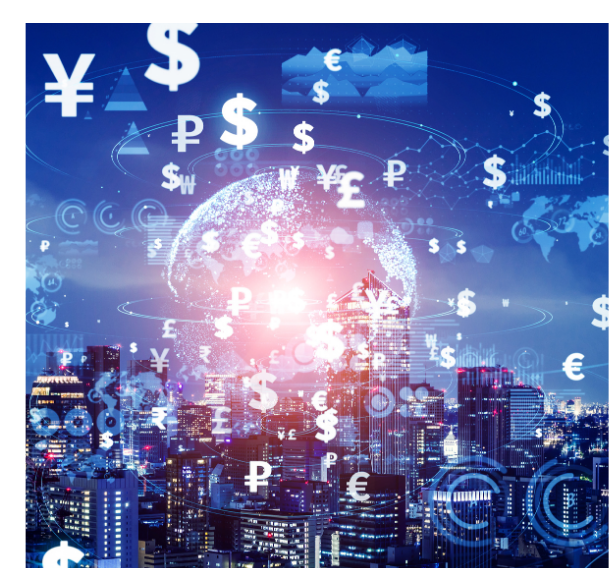
FX Trading
Technology: Enabling
Access, Empowering
Financial Autonomy
Strengthening International Currency Markets: Fostering Empowerment
Furthermore, FX Electronic Trading empowers traders with access to real-time market data and advanced trading tools, enabling informed decision-making and risk management. It fosters innovation and competition in the FX market, driving efficiency and liquidity.
Future Trends and
Innovations
FX Electronic Trading revolutionizes currency markets, providing participants with efficient access to the global FX market. These platforms enhance liquidity, transparency, and price discovery, facilitating seamless currency trading across borders.
As the payments landscape continues to evolve, fueled by advances in artificial intelligence, blockchain, and digital identity verification, the future promises even greater innovation and disruption across the financial services industry. From contactless payments and real time settlements to seamless cross-border transactions and decentralized finance, the possibilities are limitless for shaping the next generation of payments technology.














